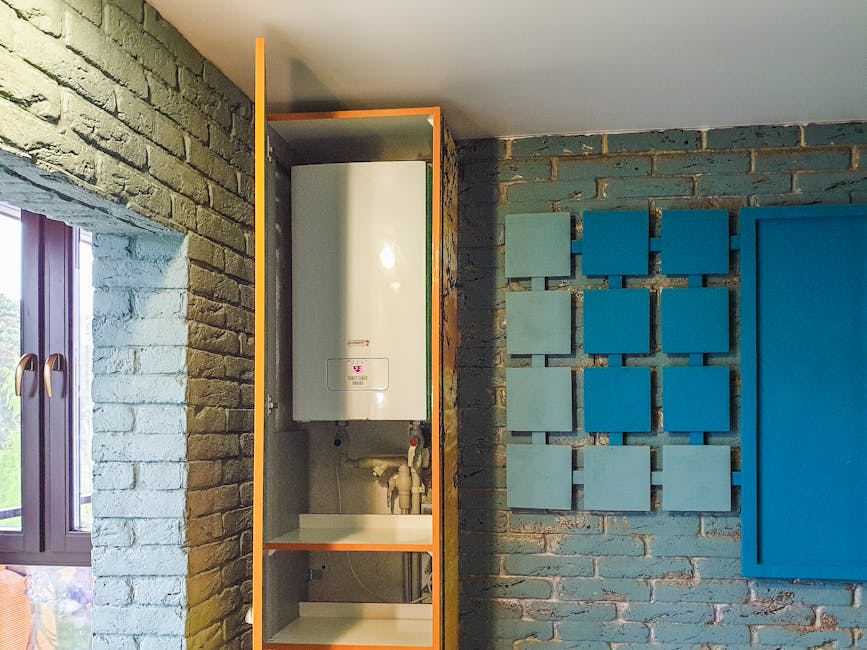Septic tanks are an essential part of any home’s plumbing system. They store and treat wastewater from sinks, toilets, showers, and other fixtures. The failure to pump a septic tank regularly can result in serious problems.
This article discusses the consequences of not pumping septic tanks regularly. We’ll also discuss how often you should pump your septic tank and tips you can take to ensure it is properly maintained.
Signs you need to pump your septic tank
Understanding how your septic system works is the first step. The septic tank separates liquid and solid waste, allowing for proper treatment and disposal of the liquid waste. When waste stays in storage for too long, it clogs the tank, and the pipes will not be able to handle the effluent.
If you neglect to pump your septic tank regularly, you may notice signs such as water backing up in your house, slow drainage in your sinks and tubs, sewage odors coming from the drains and yard, and even wastewater surfacing in your yard. A full tank indicates that it needs to get pumped.
Consequences of not pumping your septic tanks
Water backup and sewage smells are usually the most noticeable consequences; below are two more.
Accumulated waste: The waste, solid materials, and other debris will begin to gather in the tank. It will eventually lead to a clog or even a blockage in the system, which can be very costly to repair.
Septic Tank Overflow: Your septic tank can become overly full and cause an overflow. It can cause severe damage not only to you and your property but also to the environment. When a septic tank overflow occurs, the wastewater can flow back up through the plumbing system.
Tips for caring for your septic tanks
The average septic tanks need to be pumped every three to five years and vary depending on the dimension of your tank and the amount of wastewater your family produces.
Here are some tips for caring for your septic in the years before you will need to pump them:
1) Have your pipes inspected regularly by a professional plumber. Doing so will help detect potential problems before they become severe and cause damage.
2) Check your yard for any signs of leaking pipes or water pooling in strange places—this could indicate an issue with your main line pipes.
3) Use a drain cleaner regularly to keep your pipes free of debris and buildup that can clog them. However, be sure the cleaner you use is safe for the type of pipe material used in your home’s plumbing system.
4) If you have roots growing near your main line pipes, trim them, so they don’t cause damage or blockages.
5) Don’t pour fat or grease down drains, as this can solidify and clog the pipes.
When it comes to maintaining a septic system, one of the most critical steps is pumping your septic tank regularly. Unfortunately, failing to pump your septic tank can be costly in the long run, leading to various expensive and time-consuming problems.
So it is best to have a dedicated sewer and plumbing service company like Countryside Sewer and Septic on your side.
Flexible Financing Options
Get the service you need now pay over time with easy, affordable financing plans.

Blogs


Libertyville's Lifesavers: Your Go-To Guide for Emergency Plumbing


